Ask yourself these questions:
Will your present computer run Adobe's Photoshop?
I'm going to assume you plan to edit your images and you're using Adobe's Photoshop CS3. If you're considering buying the full version of Photoshop, just know at the time of writing this, Adobe just released the latest CS4 version. So dig into your computer's documentation and look these up.
Mac users, minimum specs are as follows.
PowerPC G4 or G5 or multicore Intel processor
Mac OSX v10.4.8 through 10.5.2
512 MB of RAM (1GB recommended)
64MB of VIdeo RAM
1GB of available hard-disk space (additional free space required during installation)
1,024 x 768 display resolution
DVD-ROM drive
Quicktime 7 software required for multimedia features
Windows user, your minimum specs to run Adobe's Photoshop CS3 or CS4 are:
processor: Intel Pentium 4, Intel Centrino, Intel Xeon, or Dual-Core Intel Xeon processor MHz
Microsoft Windows XP with Service Pack 2 or Windows Vista
1GB RAM
1.5 GB of available hard-disk space
Color monitor with 16-bit color video card
1,024 x 768 monitor resolution at 96 ppi or less
Microsoft DirectX 9 compatible display driver
CD-ROM drive
Web features require Internet Explorer 6 or 7 or Mozilla Firefox 1.5 through 3.x
For users who don't need the full on version of photoshop CS3 or CS4, Adobe's Photoshop Elements will be more than enough.
Even if you don't plan to do any editing, you will still need a way to download the images from the camera so you can re-use the memory card.
Or you could buy one of those DVD burners which download and burn those digital files without the use of a computer.
This is a product that sounds interesting but I doubt it may be around anymore.
As with most high tech stuff, this device looks to have been discontinued.
I mention it only to provide you with options.
I need to warn you that some of those blank CDs or DVDs do not last indefinitely.
I'm not that trusting to delete my images just cause this device says it's verified and okay. I prefer to buy more memory cards now that they're so much cheaper than this device which sells for about $400.
In case you're wondering why I'm just getting to the digital camera at this point, here's why.
Most folks don't realize that digital cameras today have resolutions of at least 8 or even 10 Megapixels. If you have an older computer, this will impact directly your whole digital photography experience.
Do you have lenses compatible with the digital SLR you want?
Seems quite obvious if you had a Nikon system and a lot of lenses that are fully compatible with their digital line, you should stick with Nikon.
Why buy a whole system of lenses and accessories if you don't have to.
If you aren't tied to any system, I consider Nikon and Canon to be on par.
When I worked at the newspaper, I was issued Nikon. Now that I'm on my own, I shoot with Canon.
It used to be an issue with the cameras focusing in opposite directions. WIth today's autofocus, this is no longer an issue.
Ultimately remember it's a tool. The person behind the camera is what makes good pictures.
What do you plan to use the camera for?
If it's just daily home family snapshots, you're most likely be shopping for a point and shoot.
If your are more ambitious and see yourself getting more involved in photography, then a digital SLR is the answer, no doubt about it.
A pretty good point and shoot camera like Canon's G-10 which you won't outgrow in a hurry is now about $500 but expect by the time you walk out the door after taxes and with extra battery and extra memory cards to pay around $600.
As for a digital SLRs, there is a whole range from the low $400 all the way to $1200.
Most camera manufacturers sell digital SLR bodies with a bundled zoom lens like a 18 mm to 55 mm lens. The most common one today is something like the Canon Rebel XSi.
Amazon has one for $654.95.
What is the battery life of the camera model you're considering?
Does it use a proprietary battery or do you have options to use AA batteries.
In the digital age, I can't stress enough how important this is. Without power, you are totally out of business. All you have is a paper weight. Not a very good one either, just an expensive one.
Proprietary batteries are not necessarily a bad thing. Some manufacturers have proprietary batteries which last a long time. Canon's BP-11 batteries are excellent that way for their line of digital SLRs.
How big are the prints you intend to make?
An 8 Megapixel camera will allow you to make enlargements as big as 16 x 20 " without any problems, so for most folks, that's all you'll ever need. Most amateurs never print anything bigger than an 8x12 (not 8x10, digital images have a different aspect ratio)
If I had about $600 to spend, I would seriously consider the Canon 30D.
It doesn't have the megapixel count like the Canon Rebel XSi but it sure is more user-friendly.
If you're considering this advice, then spring for a 50 mm lens f1.8. It costs about $100. It is much more flexible than those cheap kit 18 mm to 55 mm kit lenses.
Extras that you might want to consider is a external flash. Sure the Canon 30D comes with a built-in flash but that tiny flash has a range of only a few feet. If you use it a lot, it drains your camera's batteries.
My tips may sound odd but in the long run will save you a ton a lot of aggravation.
Begin your search with the computer, then check on whether your operating system and the software (Photoshop in this case) will play nice.
Then you can really look into buying your digital camera. Doing things the "usual" way or the uninformed way is a formula for a lot of surprises.
You might find after coughing up a lot of money for a fancy camera that your computer can't handle it. Then you will really be in a spot. You'll have to spend even more for a new computer.
Best of luck to all reading who are in the market for a digital camera.
One final tip: bring an SD card or a compact flash card to a camera store and take some pictures with those cameras you are considering at various ISO settings on automatic.
Then enlist the help of someone who has photoshop on their computer. Open those jpeg files on their computer and compare the images, the digital noise, color and base your decision on that.
Please let me know if this has been helpful.
For an more information about setting up your digital photography darkroom, read this illustrated article. Peter Phun teaches photography at Riverside City College. He does portraits, weddings and editorial work. He writes about photography, Macs and the internet. He also designs websites and is a stay-at-home dad.
Previously, Peter worked as a staff photographer for 18 years at The Press-Enterprise, Southern California's 4th largest daily newspaper. He is the webmaster for the Mac user group in the Inland Empire. For more information about this Riverside based photographer, visit http://www.peterphun.com/
Article Source: http://EzineArticles.com/?expert=Peter_Phun
Pretplati se na:
Objavi komentare (Atom)










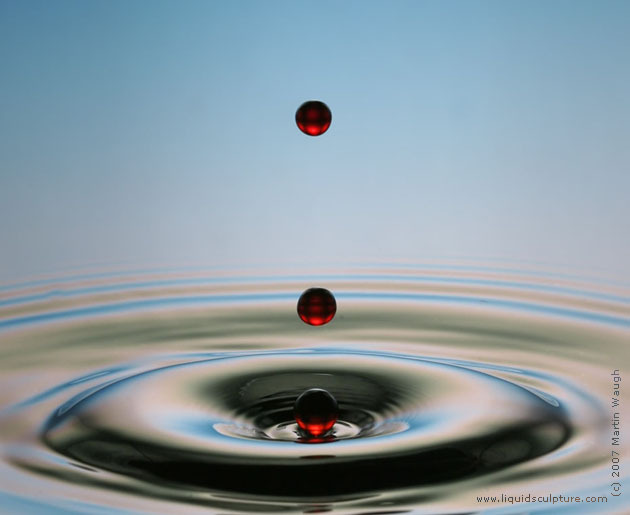


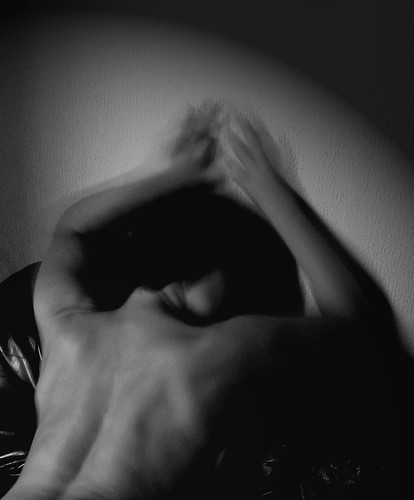
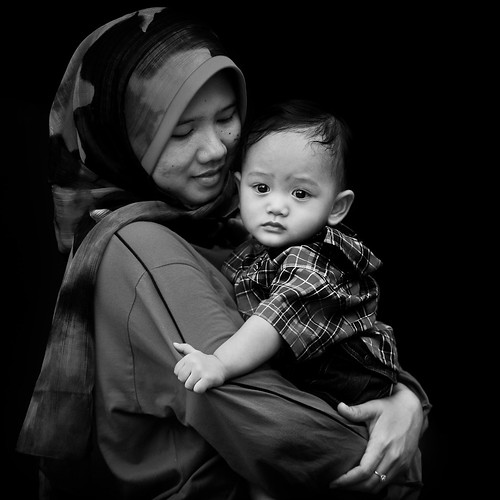

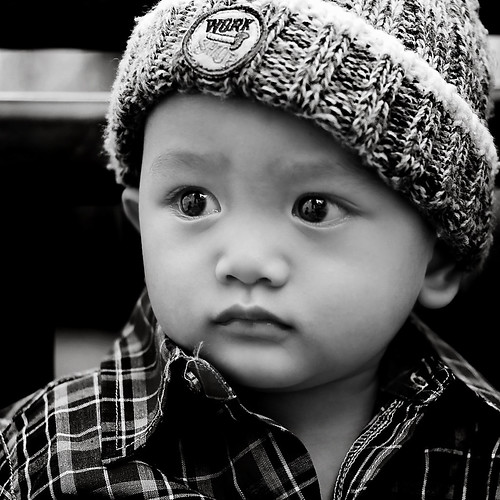
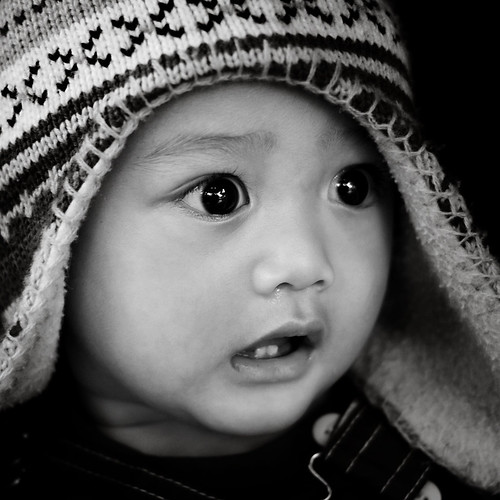
Nema komentara:
Objavi komentar